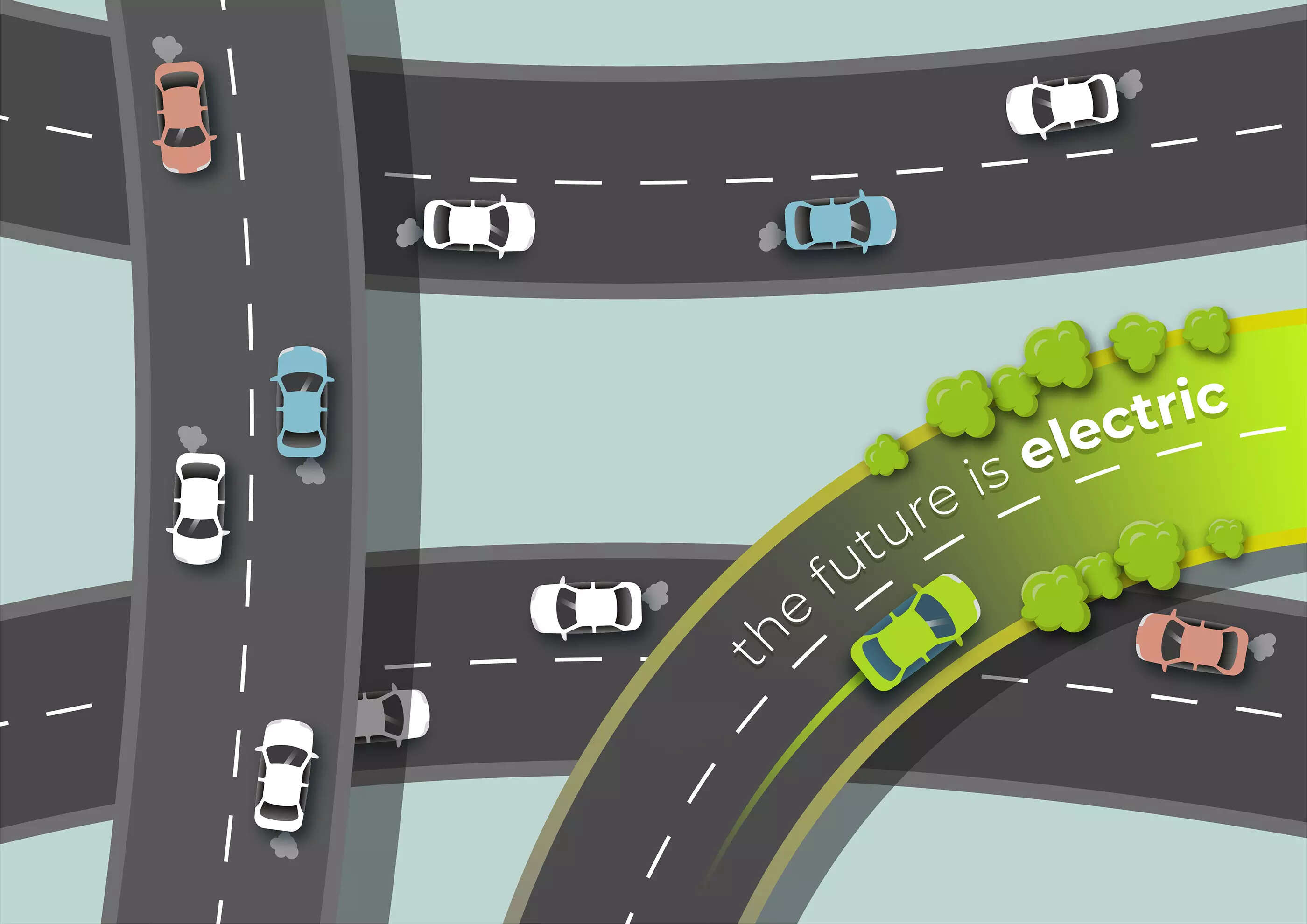
The Indian automotive sector had multiple expectations from the Budget 2022 speech by the Finance Minister (FM) Nirmala Sitharaman today but at the end of the day there wasn’t much to be happy about for the complete sector. There was one big direct announcement in the form of a new battery swapping policy that will encourage new private players to enter this space and work with state governments to enhance electrification of public transport.
The focus will be on promoting clean tech and electric vehicles in the public transportation space according to the FM. This announcement will have a significant impact on certain EV makers across from the CV space to last-mile connectivity players. However, the overall impact on personal electric mobility will be minimal at best. That said, the government’s focus on EV technology became clear with the Budget announcement today. Companies in the EV space will now find it easier to invest in technology and scale with the promise of a shift to electric vehicles.
For the remaining automotive sector, especially the petrol and diesel vehicle makers there wasn’t any major announcement to improve sentiments. Most of the positive announcements were indirect in nature, thereby limiting any immediate positive impact that was expected. Rs 20,000 crore investment in infrastructure projects along with the expansion of National Highways network by 25,000 km in 2022-23 should help the Commercial Vehicles (CV) sector as there might be demand for new vehicles due to these large-scale projects. Similarly, the focus on strengthening the rural economy will improve consumer sentiment and disposable income, thereby leading to improved vehicle sales in the medium-term.
The other relevant announcement for the automotive component sector was that of the government opening up defence R&D for private players. This will allow auto component companies to create a new revenue stream in the long-term. However, this move will only have a positive impact on certain large-scale suppliers who possess the scale and technology to meet the tough requirements laid down by the Armed forces. Hence, this announcement is not expected to have any considerable impact on medium and small-scale auto component players.
The industry was expecting the government to extend the duration of the FAME II scheme for electric vehicles along with some new direct and indirect incentives for adoption of EVs but no such announcements were made. In addition, the vehicle makers and component players have been highlighting their struggle with high taxation, especially in the two-wheeler space where up to 28 % GST is levied on them. This, along with the rising input costs is leading to vehicle makers increasing prices on a regular basis. As a result, at a time when people are struggling with lower disposable incomes due to the ongoing pandemic, vehicles are getting more expensive and beyond affordability.
We got in touch with some executives and industry captains from the automotive sector and here’s what they had to share.
Samrath Kochar, CEO & Founder of Trontek, a Li-ion battery manufacturer, described the Budget 2022 as growth oriented. He said, “The Budget amply provides towards promoting adoption of clean energy and electric vehicles. The battery swapping policy with interoperability will boost adoption of EVs as it will help allay the range anxiety and bring the EVs at par with ICE vehicles in terms of time taken for replenishment of fuel. Clean mobility has seen increased deployment by passenger-mobility in rural and commercial mobility in urban areas. The focus of passenger-utility vehicles in urban areas and zero fossil fuel policy will further leapfrog the growth of clean mobility in the country.”
Ankit Kumar, Tech Investor EV (Electric vehicle) & Drone, said, “Initially, there were doubts in the minds of investors about the intentions of the Government in terms of the EV industry, but the announcements made in the 2022 budget have definitely quelled doubts. The Government made it amply clear that EV manufacturing is the next big thing in its vision. This was very encouraging for the EV industry and shows how serious the government is in pushing for faster adoption of electric vehicles in the country.
Government announcement toward promoting a shift to use of public transport in urban areas will encourage investors towards investment in the EV sector. This will be complemented by clean tech and governance solutions, special mobility with zero fossil fuel policy, and EV Vehicles. Finance minister also announced that the Government will come out with battery swapping technology to develop special zones for electric vehicles. Integration of Private companies for the development will also boost investment in the sector.”
Rajeev Singh, Partner and Automotive Sector Leader, Deloitte India said, “ Focus on public transportation using non-fossil fuels should help in pushing electric vehicles (EVs). This, in addition to the battery swapping policy, could drive faster adoption of EVs.
The battery swapping policy including interoperability could be a big booster for all the startups already working in this space. It could also help drive movement to electrification of fleets, especially for last mile connectivity for both, people and goods.
Also Read:
